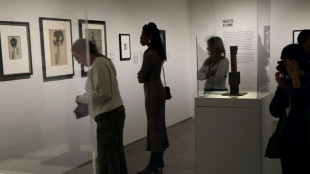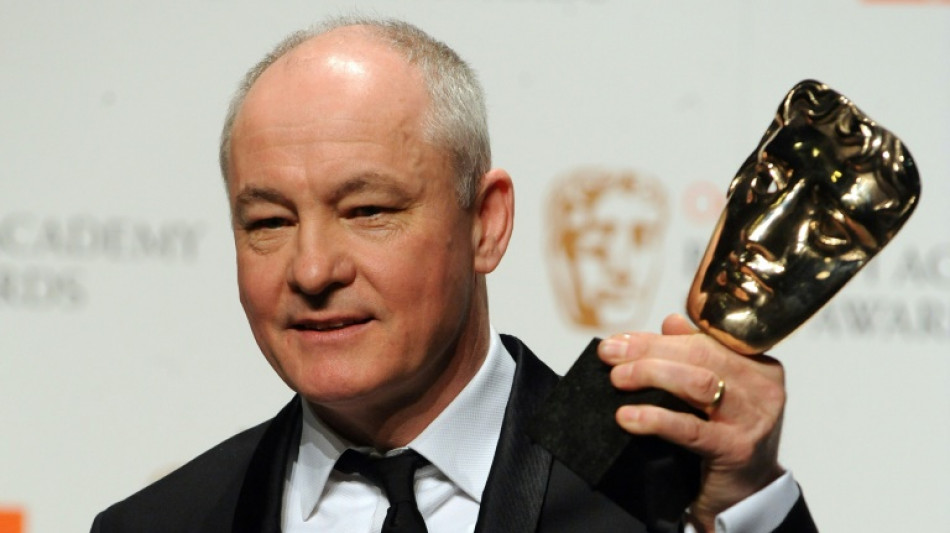
-
 EU clamps down on food waste, fast fashion
EU clamps down on food waste, fast fashion
-
Stocks climb eyeing US rate cuts, political changes

-
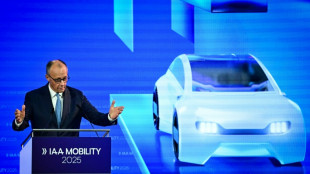 Merz ramps up pressure on EU over electric car shift
Merz ramps up pressure on EU over electric car shift
-
Athletics chief Coe admits 'heat challenges' at Tokyo worlds
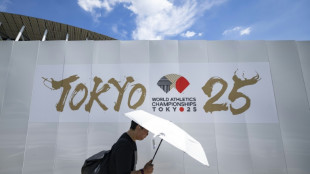
-
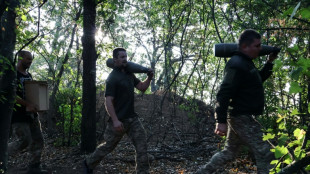 At least 20 killed in Russian strike on east Ukraine: Zelensky
At least 20 killed in Russian strike on east Ukraine: Zelensky
-
'World watches our slaughter': Gazans flee Israeli assault on urban hub

-
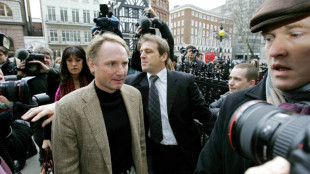 'Da Vinci Code' author Dan Brown releases latest thriller
'Da Vinci Code' author Dan Brown releases latest thriller
-
Nepal PM resigns after deadly protests sparked by social media ban
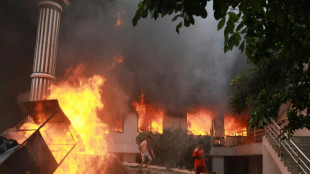
-
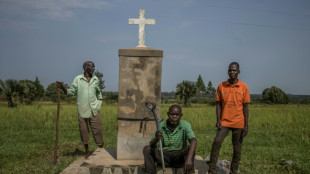 Kony crimes still felt in Uganda, 20 years on, ICC hears
Kony crimes still felt in Uganda, 20 years on, ICC hears
-
Nottingham Forest swoop for Postecoglou after sacking Nuno
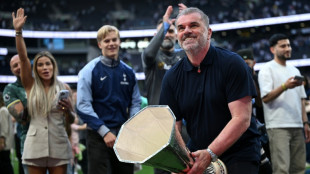
-
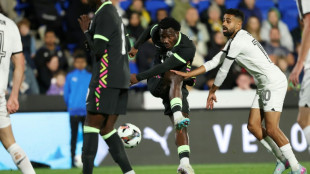 Australia beat New Zealand again to win 'Soccer Ashes'
Australia beat New Zealand again to win 'Soccer Ashes'
-
Hundreds of pro-Palestinian demonstrators rally outside London arms show
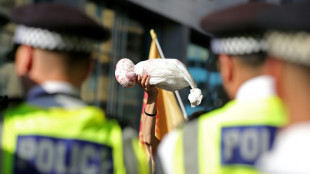
-
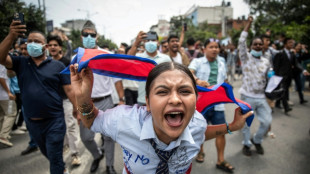 Nepal prime minister resigns after deadly protests
Nepal prime minister resigns after deadly protests
-
Japan ruling party to pick new leader on October 4
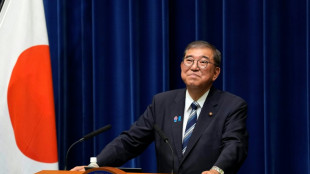
-
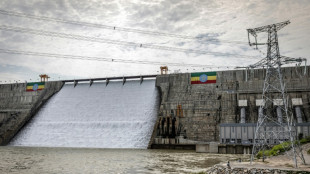 Ethiopia inaugurates Africa's biggest dam
Ethiopia inaugurates Africa's biggest dam
-
Miners Anglo American, Teck plan new copper giant
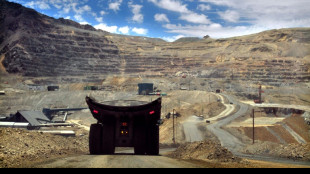
-
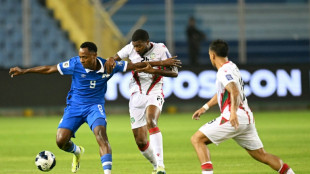 Suriname stun El Salvador, allege racist chants in WC qualifying
Suriname stun El Salvador, allege racist chants in WC qualifying
-
Macron scrambles to find new French PM as Bayrou set to resign
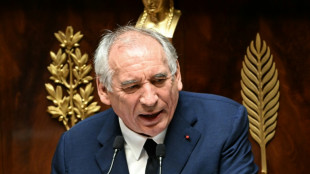
-
 Death of Hong Kong's Lai would strengthen democracy message, son says
Death of Hong Kong's Lai would strengthen democracy message, son says
-
Korean women target US military in landmark forced prostitution lawsuit
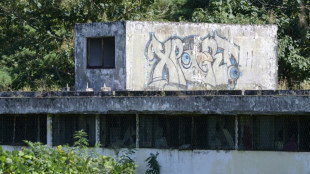
-
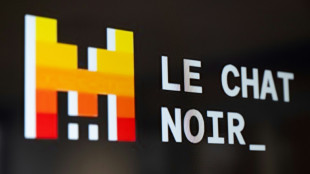 Mistral cements AI lead in Europe with cash infusion
Mistral cements AI lead in Europe with cash infusion
-
Israel says to act with 'great force' in Gaza City
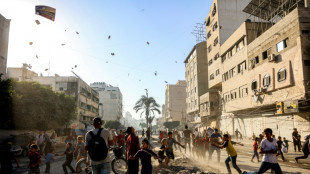
-
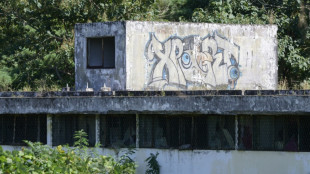 South Korean women sue US military in landmark prostitution lawsuit
South Korean women sue US military in landmark prostitution lawsuit
-
40 years of 'Mario' games that have grown up with fans

-
 AI and iPhones likely stars of Apple event
AI and iPhones likely stars of Apple event
-
Thaksin termination? Prison term latest chapter in political odyssey
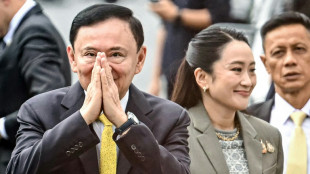
-
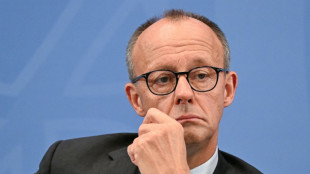 Merz to open Munich motor show as engine row threatens to combust
Merz to open Munich motor show as engine row threatens to combust
-
Quiet Tebogo's legs to 'do the talking' in Lyles 200m worlds battle
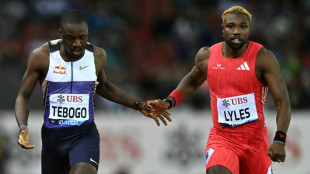
-
 Gaza aid flotilla says hit by drone, Tunisia says none detected
Gaza aid flotilla says hit by drone, Tunisia says none detected
-
Thai top court orders ex-PM Thaksin jailed for one year
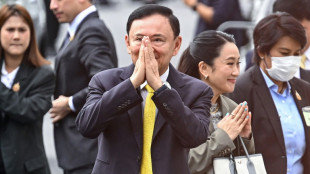
-
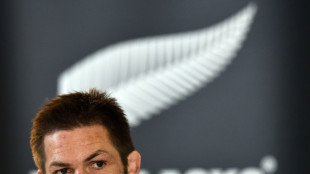 All Blacks great McCaw inspires squad ahead of Springboks rematch
All Blacks great McCaw inspires squad ahead of Springboks rematch
-
Maduro decrees Christmas in October for Venezuela, again

-
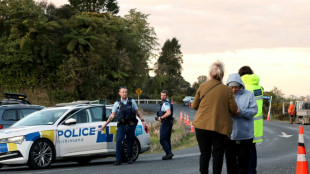 New Zealand police detail slain fugitive father's life on the run
New Zealand police detail slain fugitive father's life on the run
-
McCarthy sparks late rally as Vikings edge Bears in NFL opener
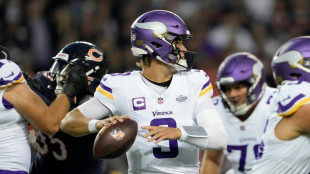
-
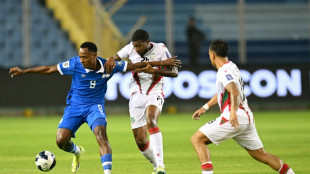 Suriname stuns El Salvador in 2026 World Cup qualifying
Suriname stuns El Salvador in 2026 World Cup qualifying
-
London arms show opens under Israel cloud
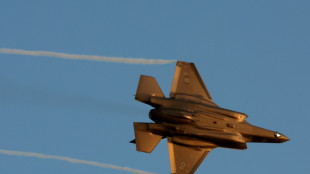
-
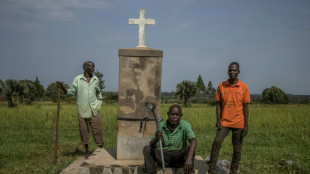 ICC hears charges against Ugandan warlord Kony
ICC hears charges against Ugandan warlord Kony
-
Most Asian markets rise on US rate hopes, Tokyo hits record

-
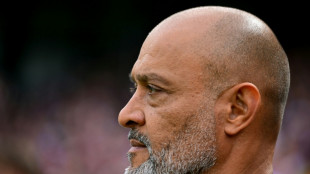 Nottingham Forest sack head coach Nuno after rift with owner
Nottingham Forest sack head coach Nuno after rift with owner
-
Major social media sites back online in Nepal after deadly protests
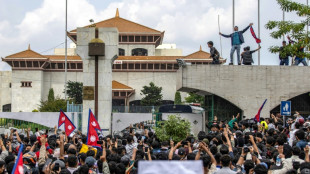
-
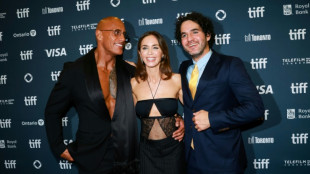 From rocky start to Oscar hopeful: Dwayne Johnson hits Toronto
From rocky start to Oscar hopeful: Dwayne Johnson hits Toronto
-
Murdoch family settles dispute over media empire succession
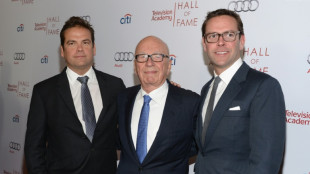
-
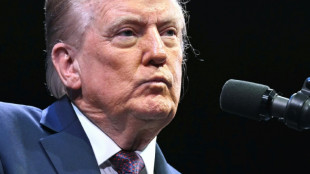 Trump's alleged birthday note to Epstein released by House panel
Trump's alleged birthday note to Epstein released by House panel
-
Killing Hong Kong's Lai would strengthen democracy message, son says

-
 D-Day approaches in Bolsonaro coup trial
D-Day approaches in Bolsonaro coup trial
-
Israel film at Toronto fest entrenches industry split over Gaza
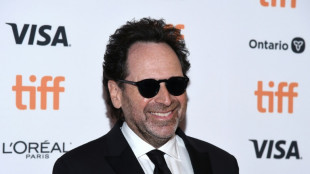
-
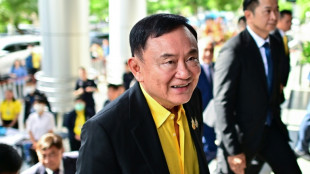 Thai top court to rule on ex-PM Thaksin's prison stay
Thai top court to rule on ex-PM Thaksin's prison stay
-
North Korea's Kim oversees ICBM engine test: state media
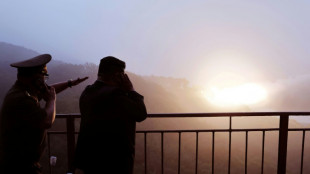
-
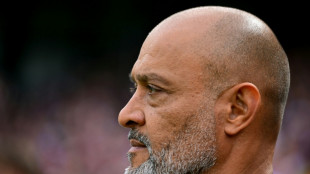 Nottingham Forest sack boss Nuno Espirito Santo
Nottingham Forest sack boss Nuno Espirito Santo
-
U.S. Polo Assn. Partners With Ayala Polo Club for the 2025 Sotogrande Gold Cup, One of Europe's Premier Polo Tournaments


Ken Loach likes to 'hide camera' says his cinematographer
Ken Loach is one of the most familiar faces at Cannes, where Saturday he is in the running for a record-breaking third Palme d'Or, but when you shoot one of the British maestro's movies it's all about staying hidden.
"The aesthetic comes from hiding the camera so you are always in the corner of the room," said Barry Ackroyd, one of Loach's most loyal directors of photography, who picked up a special cinematographer's prize at the French Riviera festival this year.
As well as making a dozen films for Loach he has also shot movies for Paul Greengrass including "Jason Bourne" (2016), and "The Hurt Locker" (2008) by Kathryn Bigelow, for which he won a BAFTA.
Loach's films "are always from a human perspective so you will very rarely see any tracking movements unless it's someone running and there will be a pan... but the perspective is always eye level and for lenses nothing wider than your field of vision."
As for techniques like zooms, these are "blasphemous"in Loach's cinema.
"The key to it is framing and balance. He is very classical... he likes things to be clean and tidy in this world that is messed up.”
When shooting a scene, the crew all have "baseball caps on, heads down," Ackroyd said. "He wants great technique but he wants it to be very hidden."
- Two decades with Loach -
Ackroyd grew up in the industrial town of Oldham in an environment similar to the one in "Kes", Loach's landmark film from 1969 about a boy from a mining family who develops a bond with a kestrel.
One inspiring art teacher changed Ackroyd's life, he said, and he went on to make documentaries, shooting around the world for the BBC, Channel 4 and other media, and collaborating with the likes of Nick Broomfield.
Ackroyd began working with Loach on "Riff Raff" (1991) and continued on nearly all his features for the next two decades.
He shot classics for Loach including "My Name is Joe" (1998) and "The Wind that Shakes the Barley" (2006), that won Loach's first Palme d'Or at Cannes.
Their last collaboration was "Looking for Eric" three years later.
Ackroyd said "socialism" was the bond that holds Loach's crew together.
"You want to see a better world and you feel a part of it when you are making a film for Loach. Giving people options to think... injustice must be put right."
Working with directors such as Greengrass, Bigelow and Adam McKay ("The Big Short") allowed his "camera to take off," Ackroyd said, in a way he could not do with Loach.
But he has never forgotten the principles he learnt from the British master.
"I can't break those rules. I stand back much further than most people do on a film set. I use longer lenses and I use that zoom as a conscious eye. My intention is to bring the audience with you."
G.Schulte--BTB

